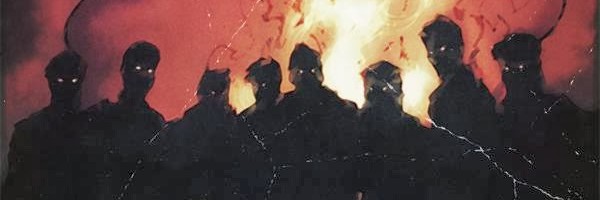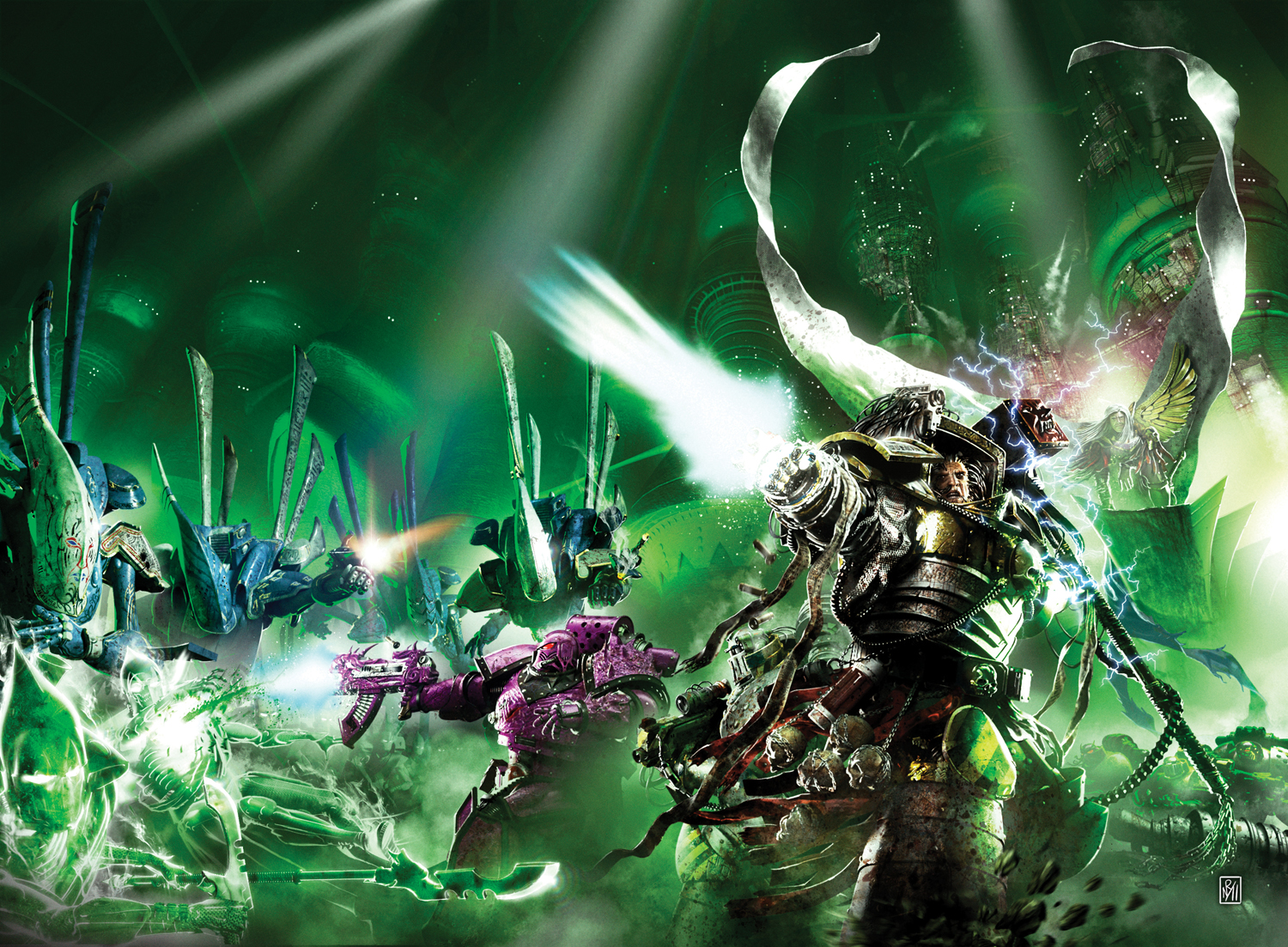
Three very different people come to Auschwitz, for very different reasons, but what has brought them back…?
Writer’s Commentary
This story was born out of two separate conversations I’d had. One was with my parents a few years ago after they’d come back from visiting Auschwitz. The other was with Matthew Sylvester at the SF Weekender, earlier this year. My mum told a vivid story of their visit to the camp (I have to credit her with the anecdote about the ceramic bowl) and it lodged with me. In part, because it was such an important piece of history, but also because the writer in me recognised it as something that could be really useful in a story, a really poignant moment that touches on a real emotion, a real feeling a real person had. And that was important for this story. All this remained in my writer’s notebook in my head; with no fixed place to go, but still in the ‘useful’ category.
The conversation with Matt started in the bar of the SF Weekender in Wales (aren’t all the best conversations about writing had in bars…?) when he floated the idea of the Nazis/Undead anthology to me. The idea of combing two horrific things intrigued me (especially since we weren’t beholden to the idea of Nazi Zombies – though as Gav Thorpe pointed out, once you become a zombie, don’t you cease being a Nazi?), and a few e-mails after the event, we got into a proper discussion about the project. I had a couple of ideas, but the idea of a ghost story set in a death camp seemed like it had almost limitless scope. Of course, you can’t tell a story set in a place like Auschwitz without taking into account the terrible things that happened there, and whatever story I told, it would have to have a level of sensitivity to it. I couldn’t do anything that would lessen the horror, cheapen the lives of those who went there or take away anything of what the people condemned there had experienced.
My dad sent me their photographs, and I spent a few days researching the camp and all things connected to it. Let me tell you, that was the hardest research I’ve ever done for a story, as there was so much I didn’t know, so much that, as a father of two young kids, had me on the verge of tears in the middle of the library. But as Nik Abnett says, writing is sometimes like opening a vein, and I guess it would be wrong not to be affected by this kind of stuff. As harrowing as it was, it was grist to the mill, and put me in the right frame of mind to tell the story I wanted to tell.
Choosing to tell the story of the three different characters was a good way to keep the reader on their toes as the story progressed, and I liked the idea of a slowly twisting set of cords, starting far apart, but gradually winding tighter as the narrative progressed to its conclusion. Most of the tales I’ve penned, I’ve been able to say I enjoyed them or they were fun to write, but not this one.
I was challenged creatively and mentally to write it, and it’s one I’m glad I did, as it stretched me as a writer in ways I hadn’t expected.
If you’d like to read what came out of all this, you can buy the Raus! Untoten! anthology by clicking the link below.
